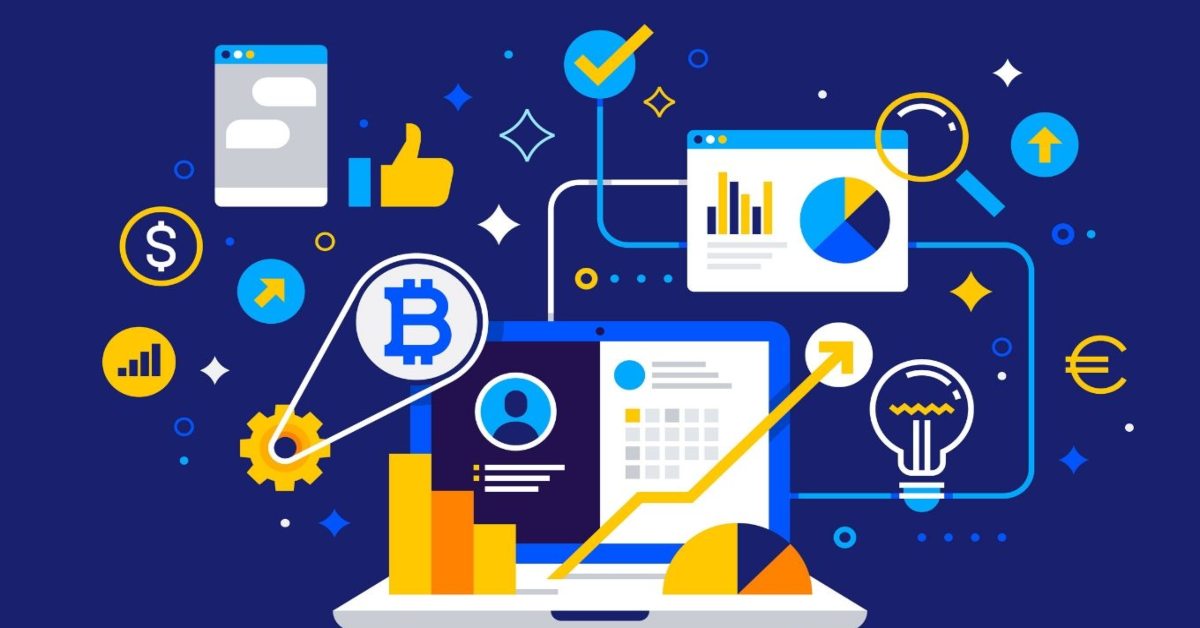Meaning of Account Aggregators
As per the Non-Banking Financial Company – Account Aggregator (Reserve Bank) Directions, 2016
Non-banking Financial Companies (NBFCs) that undertake the business of Account Aggregators (AA) provide the following services under a contract:
- Retrieving or collecting financial information pertaining to its customer and
- Consolidating, organizing and presenting such information to the customer or any other financial information user as specified by RBI
However, the financial information of the customer shall not be the property of Account Aggregator.
Registration applicability
- Only a company shall undertake the business of Account Aggregator after obtaining a certificate of registration from the bank.
- Every company that seeks registration from bank as an AA shall have a net owned fund of at least Rs. 2 crores or such higher amount specified by bank
Duties and responsibilities of AAs
- Account Aggregators (AAs) shall provide services to a customer based on his explicit consent and the services shall be backed by authorisations between the AA, customer and financial information providers.
- AAs shall have adequate mechanisms for proper customer identification.
- Financial information of the customer shall not reside with the AA.
- AAs shall not undertake any business other than account aggregation. However, deployment of surplus in instruments (except for trading) is permitted.
- AAs shall not use the services of a third-party service provider for the business of account aggregation
- User authentication credentials shall not be accessed by AAs.
- They shall have a Citizen’s Charter that guarantees protection of the rights of a customer.
- In case of difference in financial information as per statement generated by the AA and financial information provider, the position as in the records of the financial information provider shall be considered correct.
Relevance
AA framework acts like an intermediary to collect customer’s financial information from Financial Information Providers (FIPs) like banks, mutual funds, pension funds etc and share it with Financial Information Users (FIUs) such as banks, lending agencies, NBFCs etc.
Currently, there are 7 Account Aggregators approved by RBI and 8 major banks that are part of the AA framework.
The AA framework will improve credit services as it allows lenders to make a better assessment of borrowers’ credit risks and process loan applications faster as it is based on consent architecture where information is shared on the explicit consent of the customer.
How does a user avail the services of an Account Aggregator?
A customer can sign up in the Account Aggregator platform online without any paperwork. The user links his accounts with various banks on the platform and the same is authorized.
For example: OneMoney, a product of FinSec AA Soutions Private Limited, a RBI approved Account Aggregator, facilitates consent based sharing of financial information in real-time
Process Flow for a Digital Loan Application
The user registers with OneMoney and links his bank accounts with the application.
- The user requests for a loan from a lending platform.
- The lender, being the Financial Information User (FIU), provides the customer ID of the user to the AA and requests to obtain the user’s consent.
- The AA generates a consent request and sends it to the user for acceptance.
- Once user accepts, AA sends a request to the Financial Information Provider (FIP) for the data as per the user’s consent.
- The AA gets the data from FIP and notifies FIU to fetch the same.
- FIU uses the data to process the loan application.
All the Account Aggregator platforms work in a similar manner.
